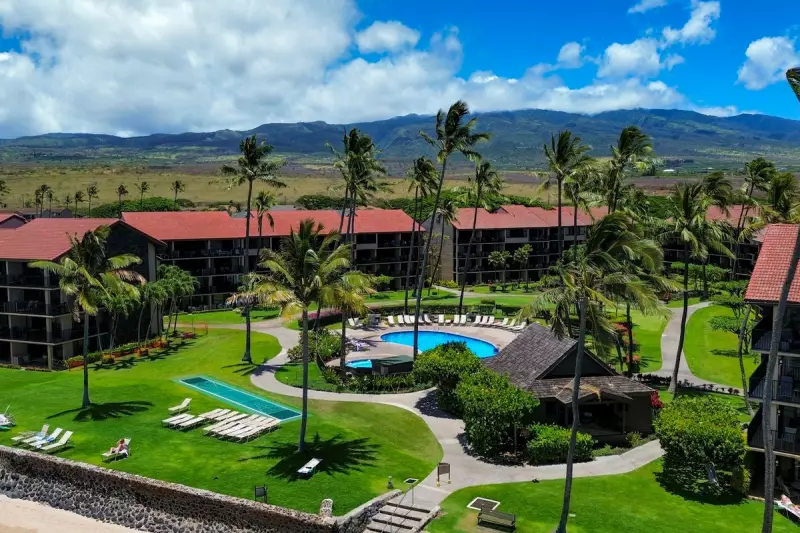
Spain has announced sweeping new restrictions on short-term holiday rentals, including platforms like Airbnb, in a bid to tackle the growing housing crisis and overtourism in popular destinations.
The new rules, approved by the Spanish government, will give regional authorities greater control over holiday rental licenses, allowing them to limit or even ban short-term lets in areas where housing shortages are severe.
Why is Spain targeting Airbnb?
The crackdown comes amid rising anger from locals in cities like Barcelona, Madrid, and the Canary Islands, where soaring rental prices and a lack of affordable housing have been partly blamed on the proliferation of short-term holiday lets.
"We want to put the rights of residents before the interests of big tourism platforms," said a government spokesperson. "This is about protecting communities and ensuring access to housing."
What do the new rules mean for tourists?
Travellers visiting Spain may find fewer Airbnb options in popular areas, as regional governments are expected to:
- Cap the number of short-term rental licenses
- Introduce "tourism saturation zones" where new licenses are banned
- Require existing rentals to meet stricter regulations
The measures follow similar restrictions in other European cities struggling with overtourism, including Paris, Amsterdam, and Lisbon.
Industry reaction and what happens next
Airbnb has expressed concerns about the new rules, arguing they could hurt local economies that rely on tourism. However, housing activists have welcomed the move as a necessary step to address Spain's affordability crisis.
The regulations will be implemented gradually, with regional governments given until 2025 to establish their own specific rules based on local housing needs.





